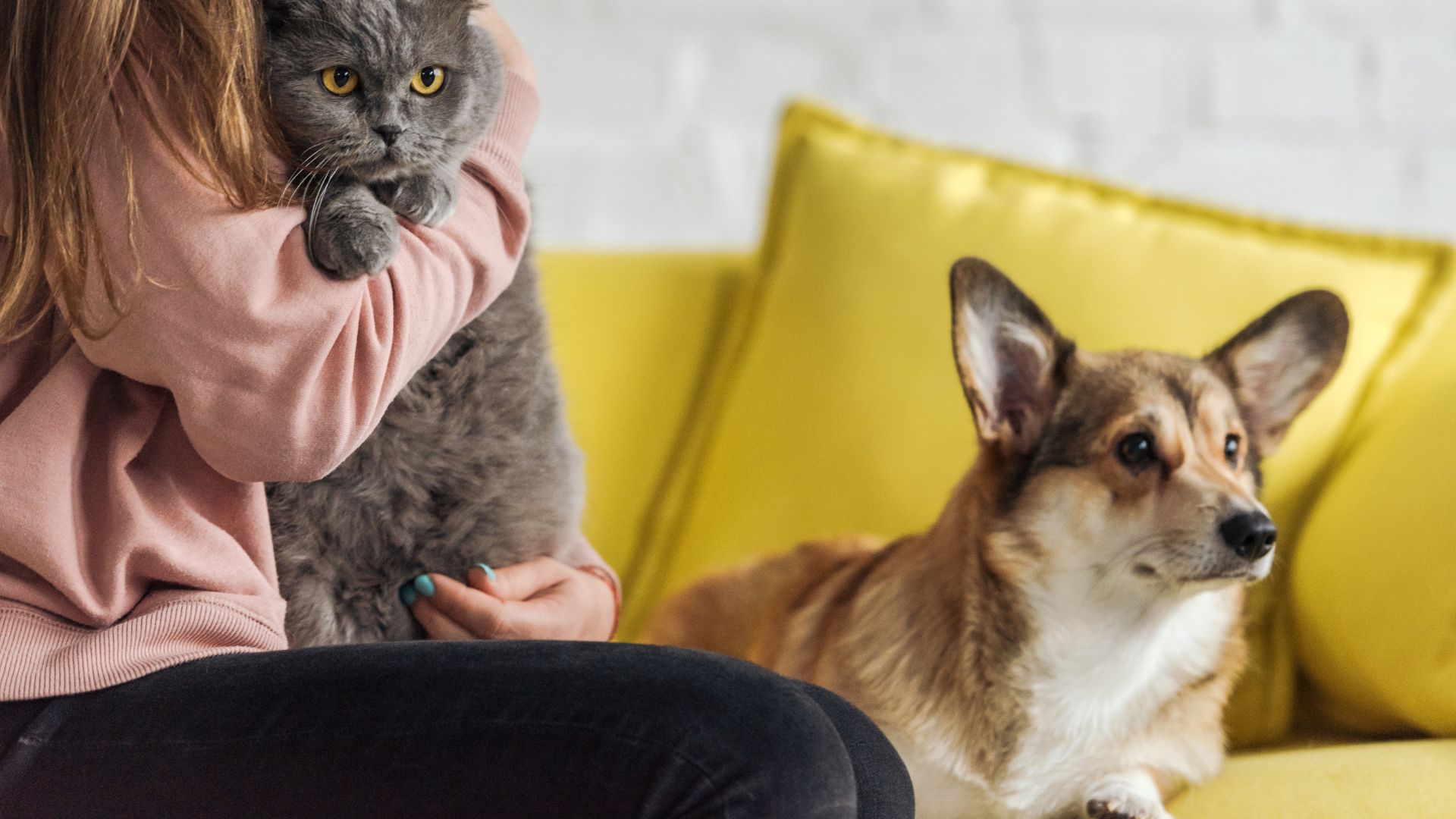While dogs are known for their loyalty and affection, some breeds form such strong emotional bonds that they can become possessive of their favorite humans. These dogs thrive on attention and may not take kindly to sharing the spotlight, whether with another pet, a child, or even a guest. Though it can be endearing when your pup nudges in for cuddles, jealousy in dogs is more than just a quirky trait.
Certain breeds are naturally more prone to jealous behavior due to their deep need for companionship and strong territorial instincts. What starts as a seemingly harmless pout or a pushy paw can escalate into stress, behavioral issues, or even aggression if left unchecked. Understanding which breeds are predisposed to jealousy can help owners stay proactive and compassionate in their training approach.
If your dog shows signs of jealousy, like guarding you, whining for attention, or acting out when others are near, it’s important to address it early. This article explores dog breeds that are more likely to feel left out and how you can manage their emotional needs.
Dog Breeds That Get Jealous Easily
1. Chihuahua
The Chihuahua might be small in size, but when it comes to emotional intensity, this breed is anything but understated. With a fierce attachment to their humans, Chihuahuas often show clear signs of jealousy if they sense someone, or something, is intruding on their bond.
According to the AKC, the Chihuahua is known for being charming, elegant, and full of spunky personality. This may include snapping at unfamiliar pets or constantly demanding more attention. Their heightened sensitivity to shifts in affection or environment can lead them to act out when they feel left out or threatened.
Temperament
Chihuahuas are famously bold, loyal, and expressive. Despite their toy size, they often carry themselves with a big-dog attitude, which sometimes translates into protective or reactive behavior. Their devotion to their family means they thrive on closeness but can also struggle with social anxiety, especially around strangers or new animals.
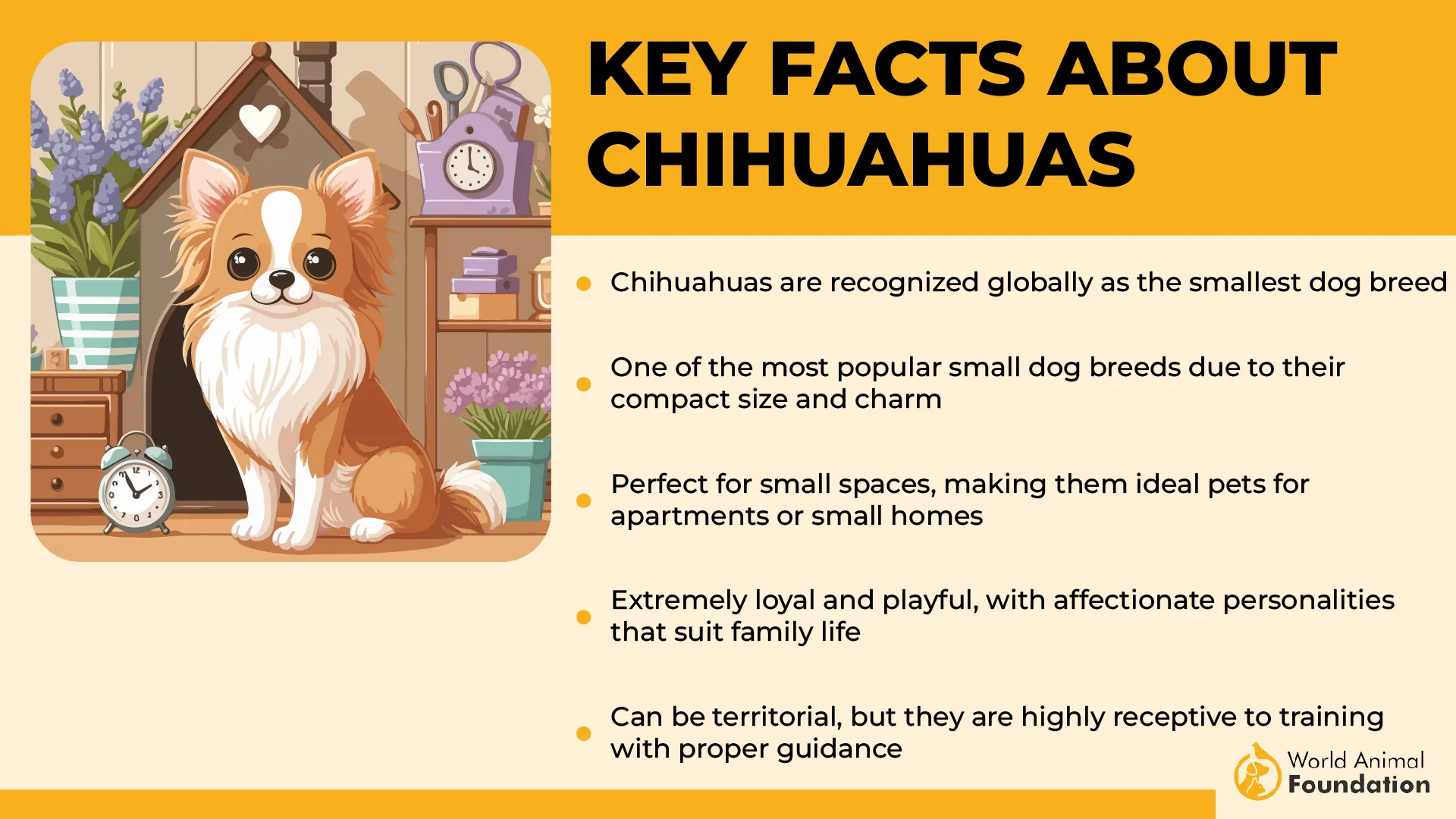
Barking, clinging behavior, and wariness in new situations are not uncommon. Early training and regular socialization are essential to help balance their emotional intensity.
Fun Fact: Chihuahuas have a reputation for thinking they’re much larger than they are, a trait that adds to both their charm and their spirited nature.
2. Dachshund
Dachshunds may be small in stature, but they have big personalities, especially when it comes to their attachment to their favorite humans. These dogs are known for being attention-seekers, often shadowing their owners and craving constant interaction.
Britannica states that Dachshunds need daily opportunities to run, explore, and use their strong sense of smell, ideally in a secure, fenced yard, along with regular walks on a leash.
When that attention is split, whether by a new pet or family member, Dachshunds can display jealous behaviors such as snapping or acting possessively. Their strong bonds make them loving companions, but also prone to emotional flare-ups when they feel overlooked.
Temperament
With a mix of spunk and affection, Dachshunds are lively, bold, and deeply loyal. While they are generally even-tempered and loving toward their families, they do have a stubborn streak.
This breed may not tolerate teasing or rough play, particularly from younger children, and could become vocal or snappy when overstimulated. They thrive in homes where their need for attention and respect for their space are both honored.
Fun Fact: Originally bred for hunting badgers, Dachshunds are surprisingly courageous and independent despite their small size.
3. Pug
Pugs may be small in stature, but their emotional attachments run deep. These dogs adore being the center of their owner’s world, often showing signs of experiencing jealousy when attention is divided. Whether it’s a new pet or an unexpected visitor, Pugs may sulk, whine, or nudge their way back into your lap.
They’re particularly sensitive about food and affection; some even monitor how many treats other dogs receive, making sure they aren’t left behind. Their resource-guarding tendencies, especially around people and meals, can spark squabbles if not addressed with consistent training.
Temperament
Cheerful, affectionate, and full of charm, Pugs are natural-born companions. PetMD explains that Pugs are typically very friendly and easily excitable. They have an eager-to-please temperament and enjoy spending plenty of time with their human companions.
They balance confidence with sensitivity, enjoying playful antics without becoming hyperactive. While they thrive on human attention, they’re not typically clingy, unless they feel overlooked.
Their gentle and comedic personality makes them a household favorite, especially in homes where they can bask in love and shared routines. Pugs tend to get along with both people and other dogs, but their strong emotional bonds can sometimes turn possessive.
Fun Fact: Pugs are such devoted lapdogs that they often compete for food and affection, ensuring they’re never second in line.
4. Chow Chow
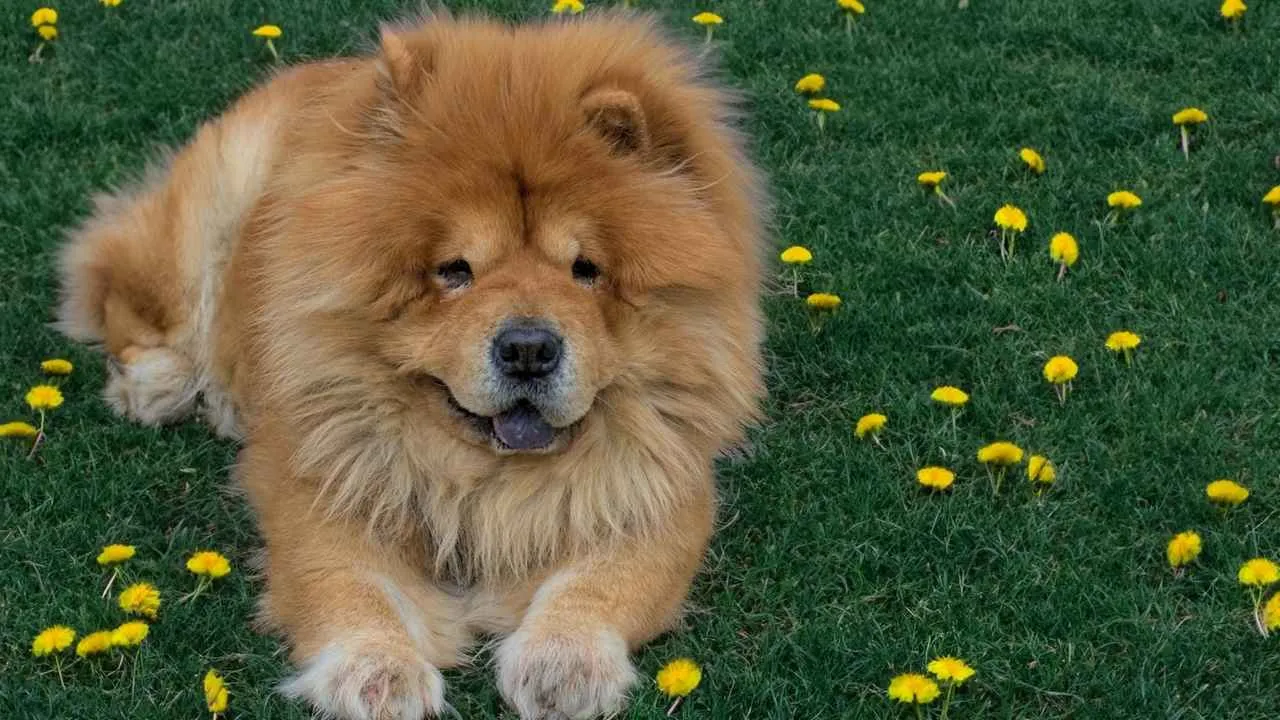
Chow Chows are deeply devoted to their chosen person, often forming an exclusive attachment that borders on possessiveness. This unwavering loyalty can lead to signs of jealousy, especially when their trusted human interacts closely with others, be it family members, guests, or other pets.

Purina describes the Chow Chow as a sturdy, large dog with a dense, bear-like appearance. It features a thick, plush top coat, a woolly undercoat, and a tail that curls over its back. With their strong territorial instinct and natural aloofness, Chows may become visibly upset or withdrawn if they feel their bond is being challenged or ignored.
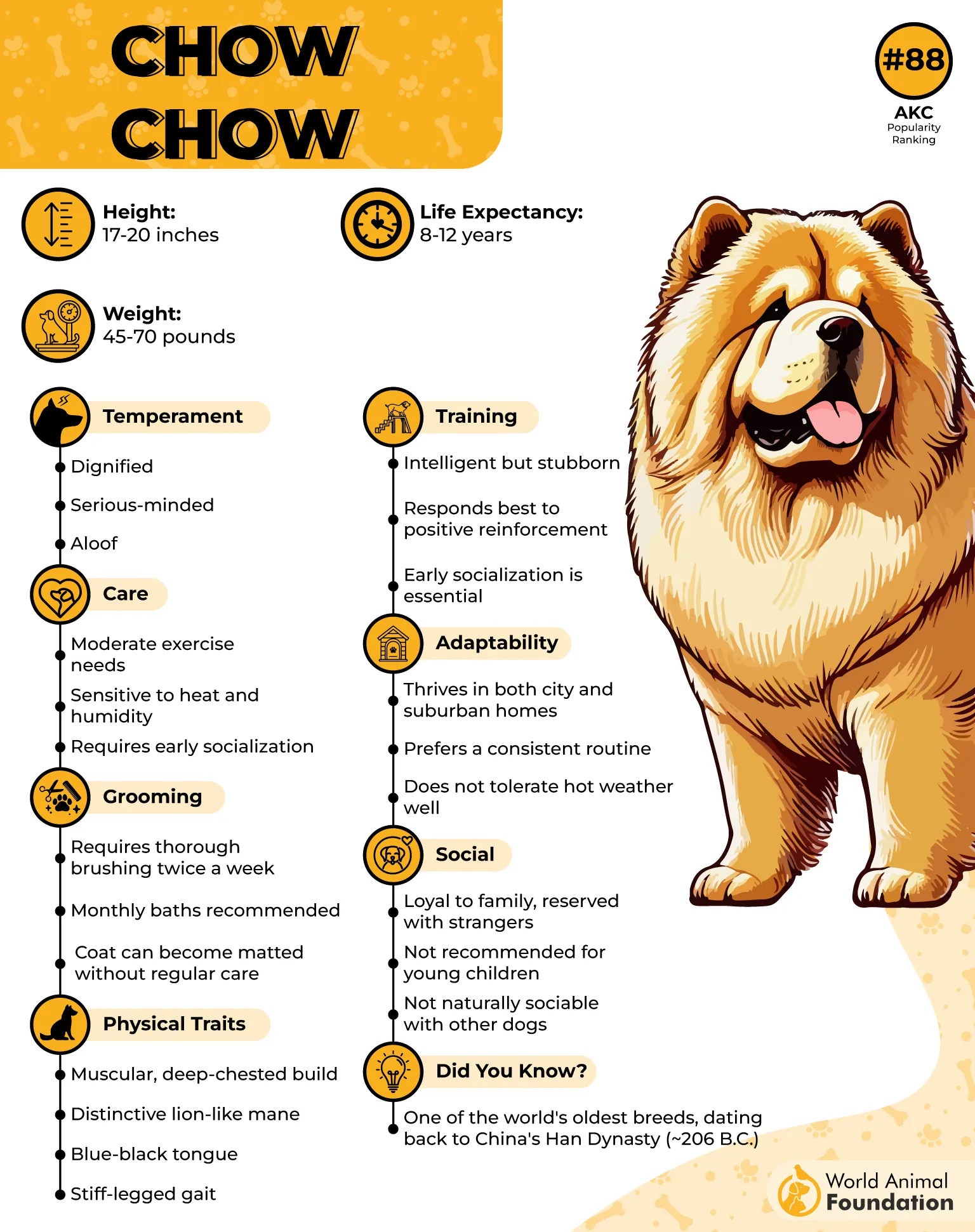
Temperament
Known for their independence and regal demeanor, Chow Chows are not the type to lavish affection on everyone. They tend to be distant with strangers and even family members outside their preferred person.
Despite their stoic exterior, they are sensitive to emotional shifts in their environment and require consistent attention from their caregiver to stay emotionally balanced; otherwise, they display attention-seeking behaviors. While well-socialized Chows are calm and dignified, they may react jealously if their trusted human’s attention shifts elsewhere too often.
Fun Fact: This breed is so loyal, it usually accepts only one primary caregiver, and may disregard commands from anyone else.
5. Pomeranian
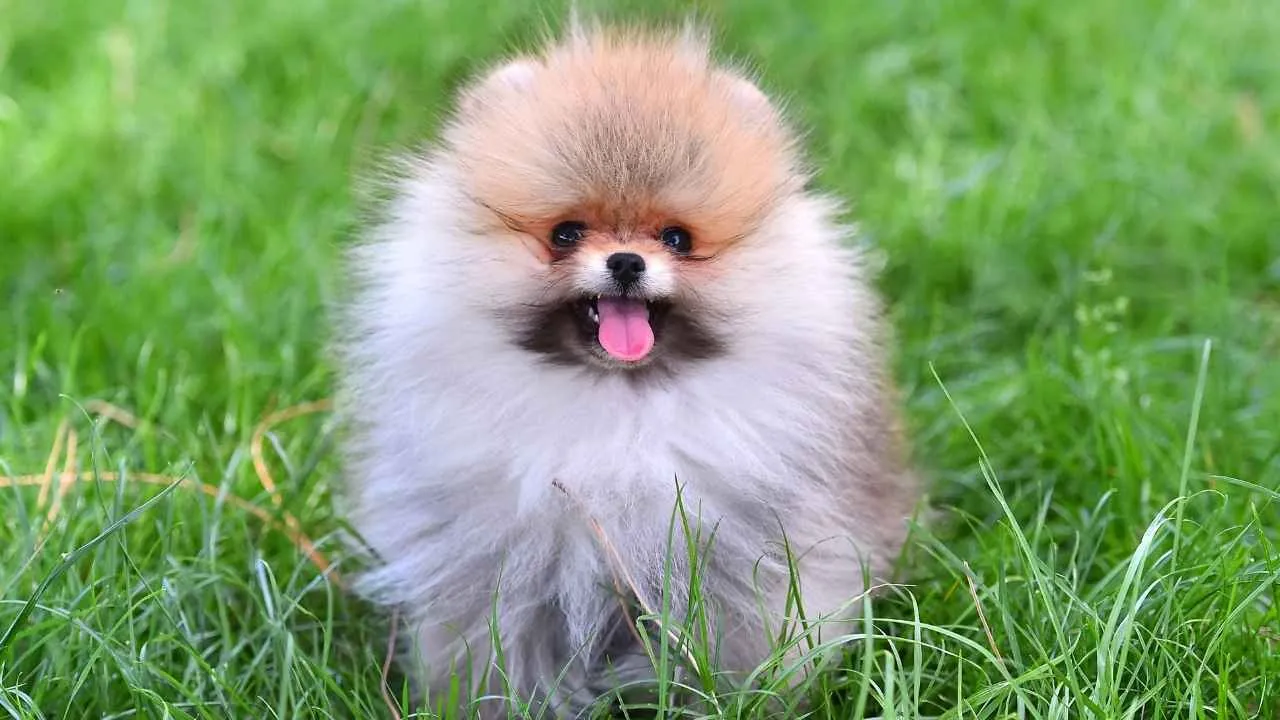
Originating from the Pomerania region of Northern Europe, the Pomeranian, also affectionately known as the Pom, Teacup Dog, or Zwergspitz, is a tiny breed with a lion-sized personality. Historically bred down from larger sled-pulling Spitz dogs, their popularity soared in the 19th century when Queen Victoria began breeding them to a smaller size.
Measuring just 6–7 inches tall and weighing between 3–7 pounds, Pomeranians are compact, fluffy companions with alert expressions and bold temperaments. Hills Pet notes that Pomeranians are easily identifiable by their thick, fluffy double coat and their fox-like face, complemented by alert, pointed ears.
These dogs are fiercely attached to their owners and are known to trigger jealousy when that bond feels threatened. A Pom might become possessive over personal belongings, such as toys or food bowls, or act out if another pet or person receives what they see as their deserved attention.
Their protective nature can trigger territorial and problematic behavior, especially in unfamiliar situations or with new family members.
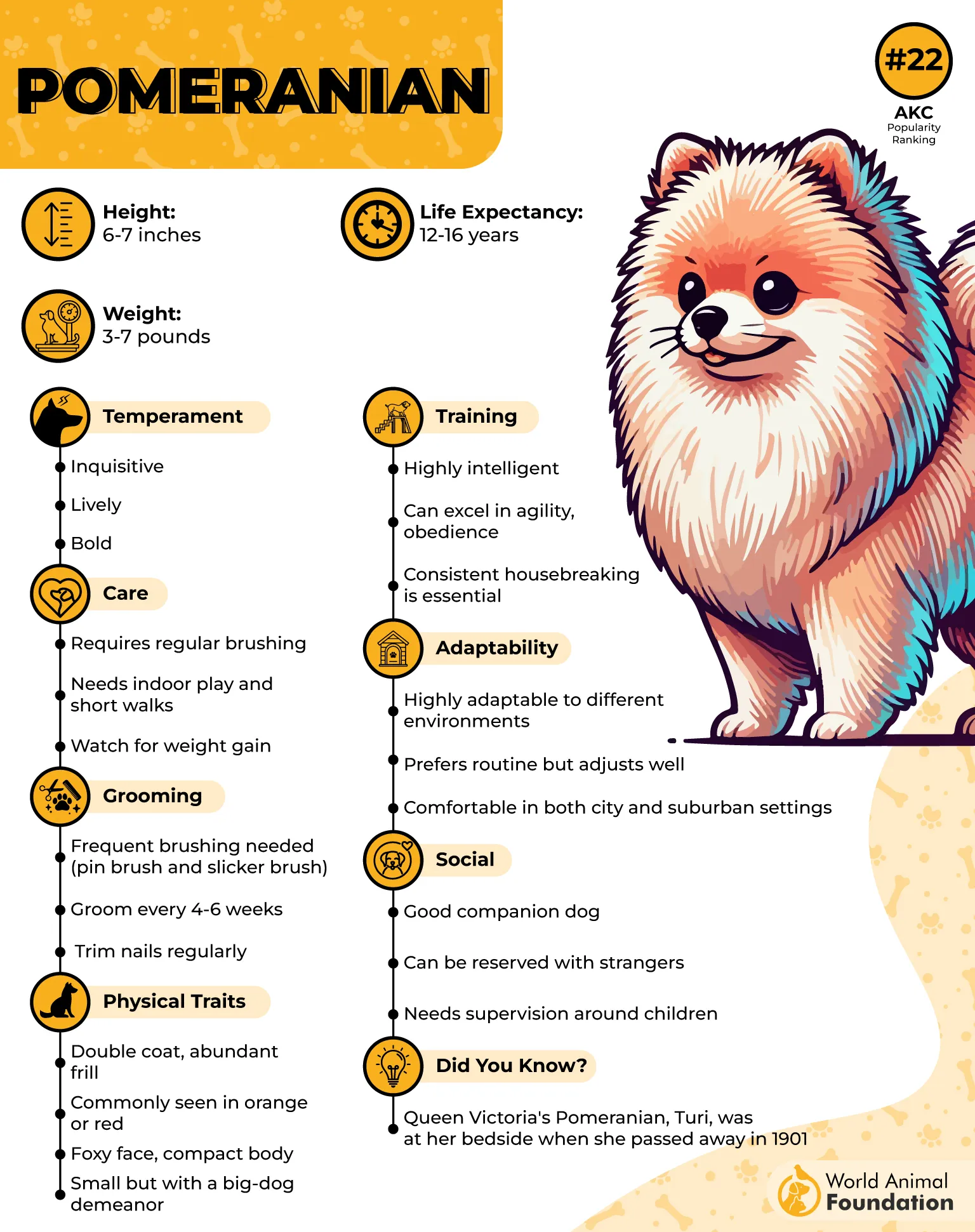
Temperament
Pomeranians are spirited, confident, and devoted. Despite their small stature, they exhibit a strong guarding instinct and crave regular equal attention from their humans. They may act jealous when their emotional needs are disrupted or when routine interactions change unexpectedly.
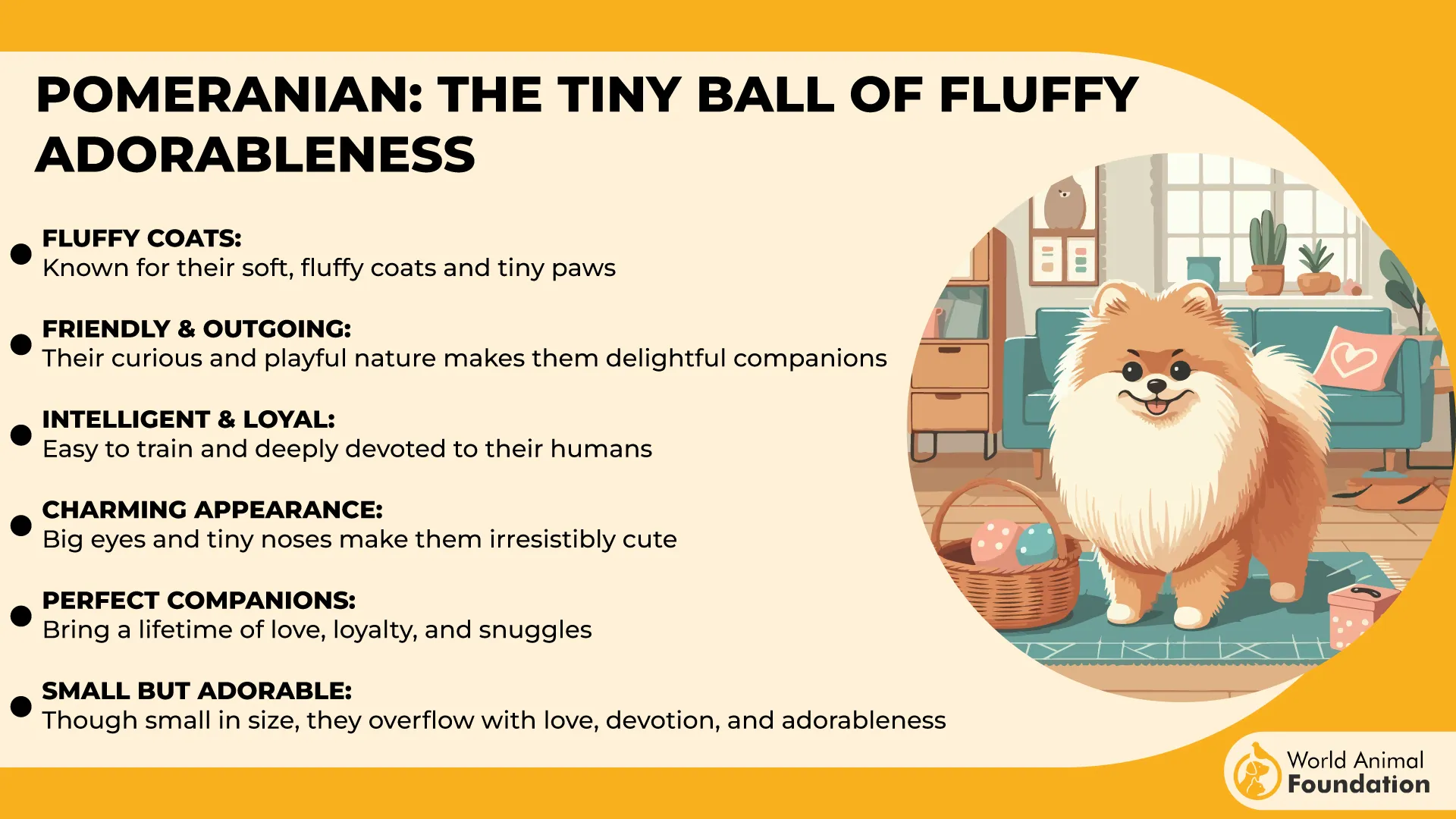
Fun Fact: Michelangelo reportedly had a Pomeranian sitting nearby as he painted the ceiling of the Sistine Chapel.
6. Poodle

The Poodle, also known as the Pudel in Germany or “duck dog” (Caniche) in France, is not just an elegant show dog. Originating from medieval Germany, it was initially bred for retrieving waterfowl. Today, the breed includes three sizes: Toy, Miniature, and Standard, all known for their sharp intelligence, trainability, and love for human interaction.
Despite their graceful appearance, Poodles are emotionally complex and can exhibit jealousy if they feel emotionally sidelined. Their devotion to their family means they may grow possessive, especially when attention is directed elsewhere.
Temperament
Poodles are highly sensitive and emotionally tuned into their human companions. Their need for affection and stimulation makes them quick to notice when something changes in their environment or social dynamic.
If they don’t receive enough engagement, they may seek attention by displaying jealous behaviors, especially when new pets or people enter their space. However, their intelligence also makes them highly trainable and receptive to early socialization and behavioral guidance.
Fun Fact: The Poodle’s iconic grooming style was designed not for flair but function—helping the dog stay warm and agile while retrieving game from cold waters.
7. German Shepherd
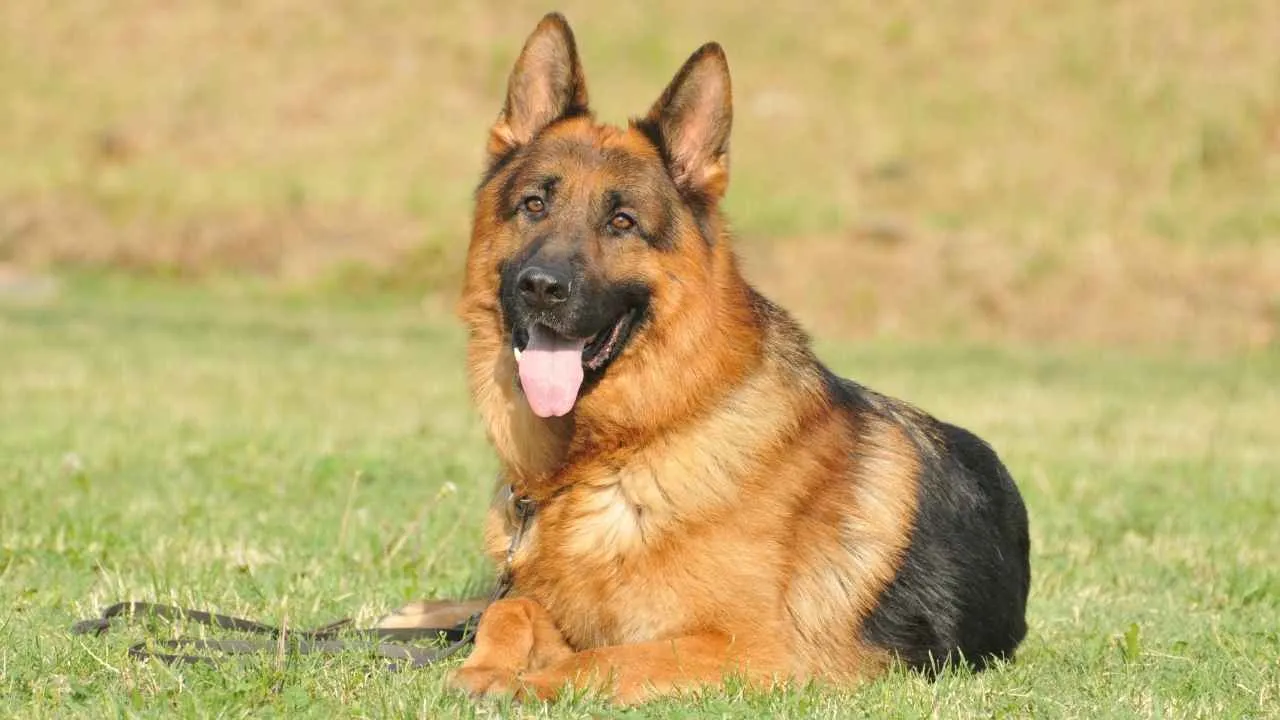
Also known as the Alsatian, the German Shepherd originated in Germany and is renowned for its intelligence, loyalty, and versatility. Bred initially as herding and working dogs, they are now widely used in police and military service, as well as trusted family companions.
With a striking appearance and an average weight of 50–90 pounds and a height ranging from 22–26 inches, German Shepherds combine strength with emotional depth.
Their unwavering devotion to their dog parents can sometimes lead to the dog’s jealous behavior, especially when they feel their bond is being threatened, whether by a new pet or person.

Temperament
This Jealous dog breed is intelligent, loyal, and energetic. They are typically friendly yet reserved with strangers, and their natural protectiveness can surface as a dog’s jealousy if they sense their role in the family is being diminished.
While they do not possess inherently aggressive behavior, they may become anxious or act out if they experience reduced owner’s attention or affection. Their strong desire to please and their attachment to their families make them emotionally responsive dogs that benefit from consistent reassurance and engagement.
Fun Fact: A German Shepherd named Orient helped Bill Irwin become the first blind hiker to complete the Appalachian Trail in 1990.
Conclusion
Dogs are social animals that thrive on companionship and consistent routines, so it’s no surprise that some breeds, like Labrador Retrievers, may act out when they feel left out. Whether you’ve welcomed a new puppy or a new baby into the home, it’s important to give your existing pet a fair share of enough attention. Jealousy, while sometimes cute at first, can lead to behavior issues if not addressed early. Signs like guarding, whining, or acting afraid when you’re giving attention to someone else should be taken seriously.
To reduce jealousy and reinforce good behavior, use positive reinforcement techniques and build a positive association with new people or pets. Establish clear boundaries and reward calm interactions. If challenges persist, seeking guidance from a professional dog trainer can help you address jealousy constructively. With time, patience, and understanding, even the most possessive pups can learn to feel secure and confident, even with new friends in the mix. Managing jealousy is part of helping your dog feel truly loved.


